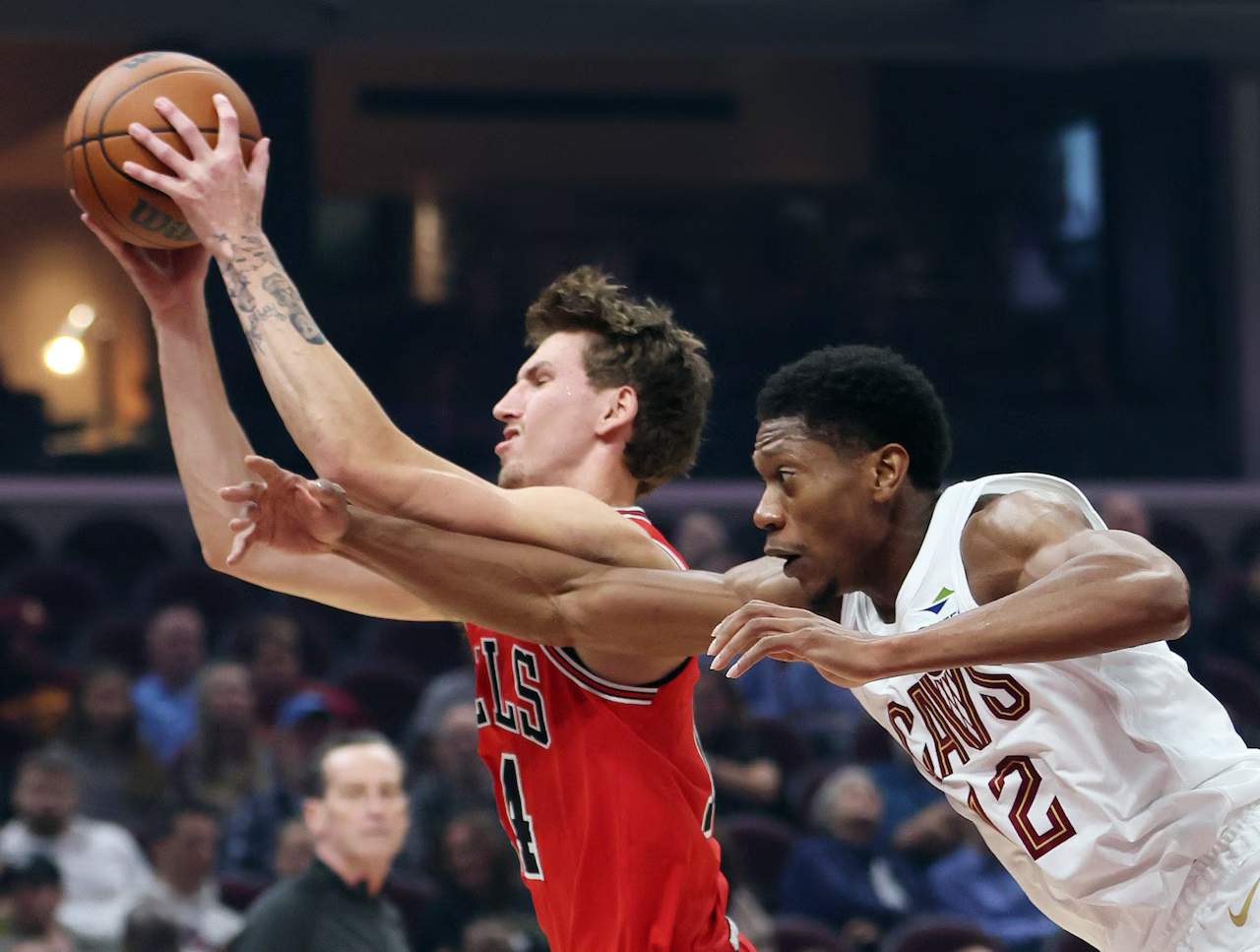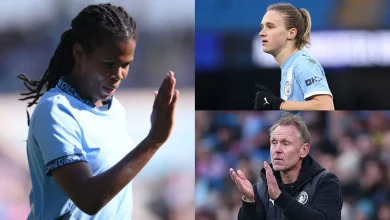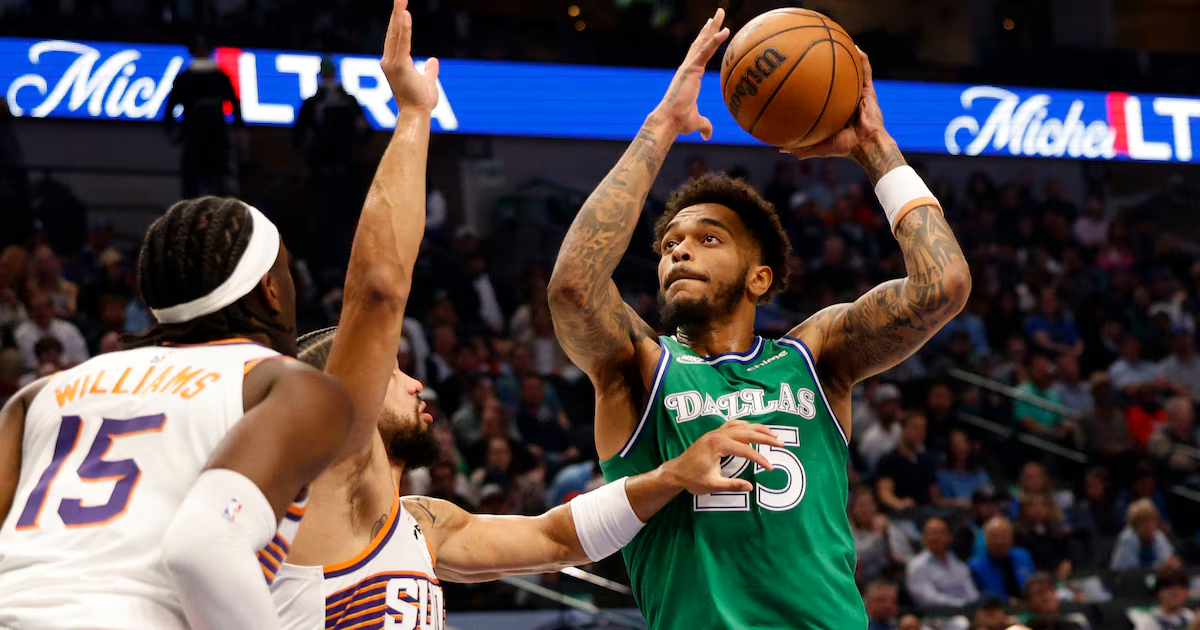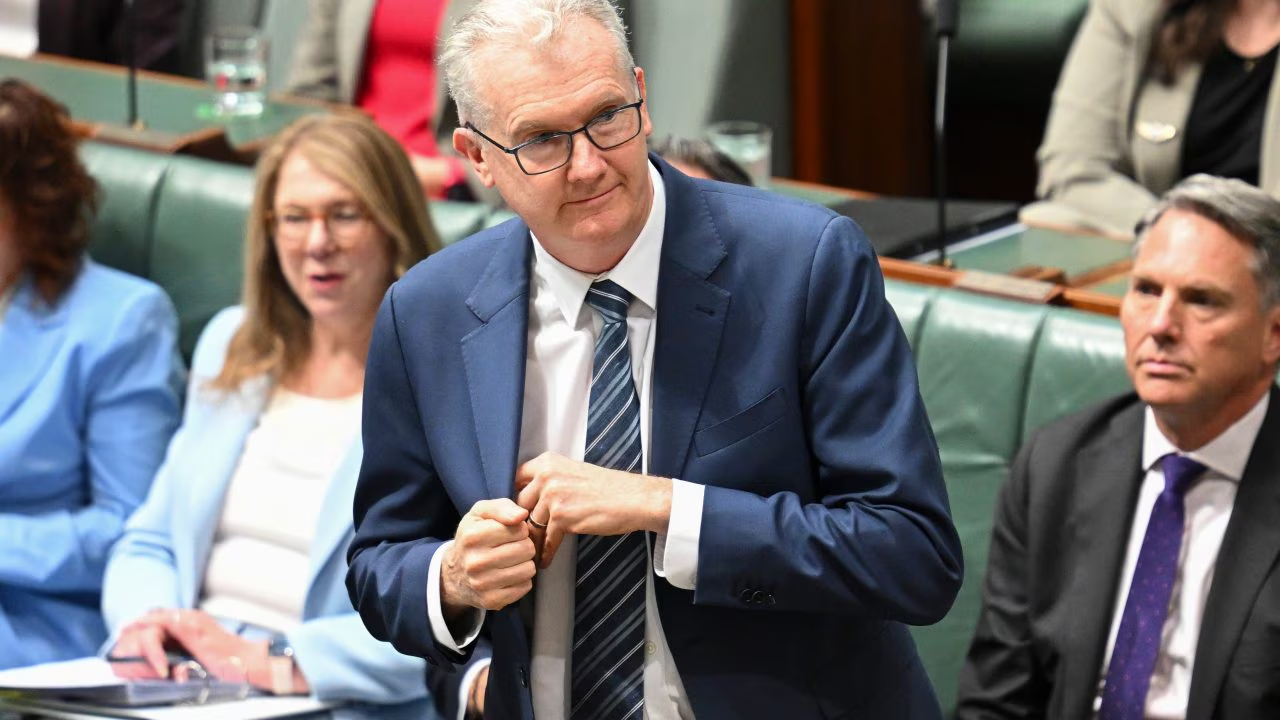How the Cavs’ defensive struggles say more about personnel than effort

CLEVELAND, Ohio — The Cavs built their identity around stifling defense over the past few seasons, but eleven games into the 2025-26 campaign, that foundation is showing significant cracks.
What’s happening isn’t simply a matter of effort or execution — it’s a fundamental personnel reality that’s forcing the team to reckon with who they actually are, rather than who they’ve been.
The addition of De’Andre Hunter, acquired via trade to provide two-way wing play, has highlighted this defensive identity crisis. While Hunter brings valuable on-ball defensive skills, his off-ball awareness has been problematic — an issue that was apparent during Monday’s loss to Miami, particularly on the game’s final possession.
“That has been the knock on De’Andre throughout the course of his NBA career,” explained Chris Fedor on the Wine and Gold Talk podcast. “He’s not as locked in as an off-ball defender, he’s not as good of an off-ball defender. The thing that the Cavs like about De’Andre is his on-ball defense, his ISO defense, his ability to switch, multiple positional versatility, that kind of stuff.”
Second-year Jaylon Tyson is experiencing similar growing pains as he adjusts to NBA-level defensive schemes.
Fedor noted that Tyson “sometimes gets caught ball watching, sometimes gets lost when the Cavs switch into a zone, sometimes he doesn’t make the switch that he probably needs to in the switch-heavy concept.”
This isn’t unusual for young players — Tyson played just 453 total minutes in the NBA last season — but it does create immediate challenges for a team with championship aspirations.
The defensive regression is particularly noticeable when comparing this roster to last year’s personnel.
Isaac Okoro, despite offensive limitations that made him a frequent target of criticism, brought the ability to fight through screens and point of attack defense that are now missing from certain lineup combinations.
“This is a new group of personnel that just probably can’t play defense the same kind of way that we [generally] have grown accustomed to watching this Cavs team because the personnel is a little bit different,” Fedor explained.
This reality creates a significant challenge for head coach Kenny Atkinson, who must adapt his defensive principles to match his available personnel rather than force players into roles they’re ill-equipped to handle.
“You might want to really run a switch-heavy defense and that’s something that you believe in greatly as a coach…but if you don’t have the personnel to be that kind of defense, you can’t do that,” Fedor said.
For a fanbase accustomed to elite defensive performances anchored by Evan Mobley and Jarrett Allen, this adjustment period requires patience.
The question moving forward isn’t whether the Cavaliers can magically transform these players into carbon copies of last year’s defensive specialists — they can’t. Instead, it’s whether Atkinson and his coaching staff can develop a new defensive identity that maximizes the unique strengths of this roster while minimizing its inherent weaknesses.
In the NBA, identity isn’t chosen but it can emerge from the specific talents and limitations of your personnel. The Cavaliers’ challenge now is to embrace who they actually are rather than cling to who they were.
Here’s the podcast for this week:
If you purchase a product or register for an account through a link on our site, we may receive compensation. By using this site, you consent to our User Agreement and agree that your clicks, interactions, and personal information may be collected, recorded, and/or stored by us and social media and other third-party partners in accordance with our Privacy Policy.





